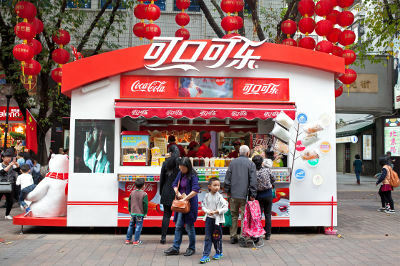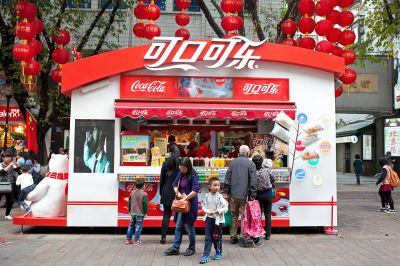At multinationals – which are also called transnationals or global companies - are those companies that operate in various territories around the world, both with the dispersion of their products among the most different populations on the planet and with the expansion of its factories to several countries. In the context of globalization, multinationals play a prominent role in the world economy.
If you start to observe your daily life, you will notice that it is full of products belonging to brands of foreign origin, even if the factory for these goods is located on national soil. This is because, with the advancement of capitalist system, these companies started to carry out their commercial activities all over the world. So, from our clothing to what we eat and drink, there are a large number of products manufactured by global companies.
From a historical point of view, the main milestone in this process of expansion of multinational companies around the world was the commercial opening of China, a country that calls itself socialist and whose economy was closed to foreign markets. Today, the streets of Chinese cities portray in their landscapes this true “invasion” of global companies, which seek more consumers in the great population of that country.

Coca-Cola advertising at a small retail outlet in Guangzhou, China *
Speaking of history, it was from the second half of the 20th century onwards that multinational companies intensified their expansion process around the world, which generated a global expansion of the economic dispute between them for the Marketplace. In this sense, many of them have achieved even greater growth through the merger or acquisition of other companies, dominating localized markets and some global commercial segments.
As we have already said, these companies not only transfer their products, but a good part of their production process to other countries. Many of them opt for underdeveloped and emerging countries, as they have a large amount of work at lower prices, in addition to ensuring easy access to raw materials and consumer markets for these countries. In some segments, production is distributed in several parts, with each part of the same product being produced in a different place on the planet and final assembly in another country, in factories called in makeup artists.
On the one hand, this international expansion of factories allowed the industrialization of economically less developed countries, including Brazil, generating more jobs. On the other hand, this process generated a great economic dependence, given that most of these transnational companies come from developed countries, which house their headquarters and receive most of their profits.
In short, we can say that globalization has been integrating different parts of the planet not only in communication and transport, but also in the economy, so that commercial and productive relations are increasingly integrated. Multinationals are, therefore, one of the main expressions of modernity.
* Image credits: testing / Shutterstock
By Me. Rodolfo Alves Pena

